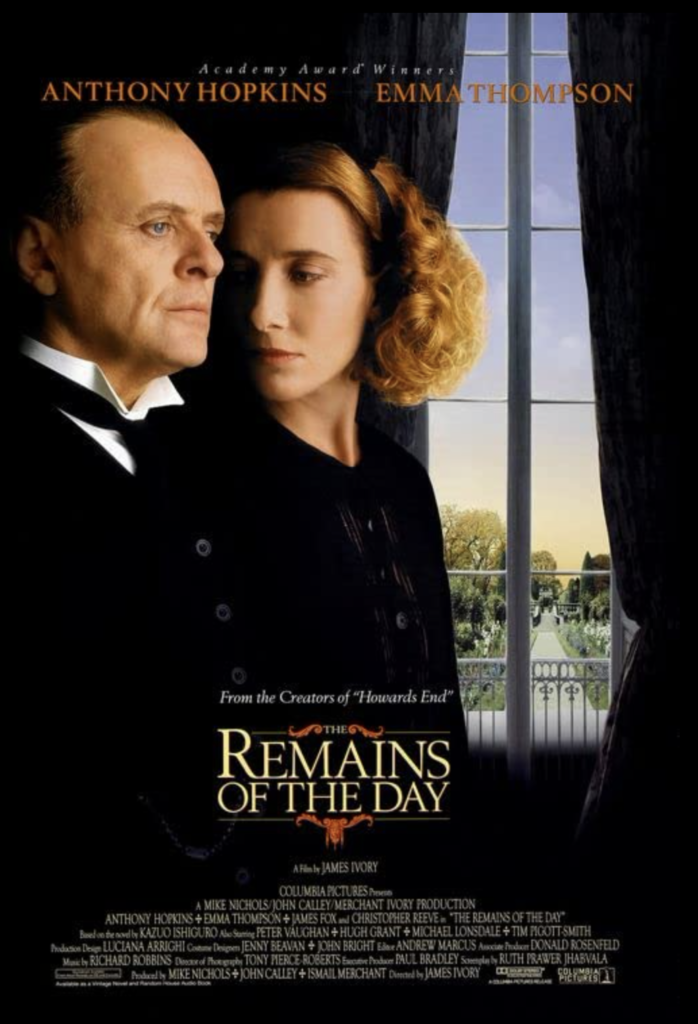
Pulse College presents a premier, industry standard Masters program
educating and equipping composers for scoring the visual medium.
Overview
Faculty: Audio
Duration: 1 Year Full Time
Delivery: By attendance*
Level: QQI Level 9 Postgraduate MA
Start Date: September 2025
Course Director: Dr. Natasa Paulberg
Fees: Please Refer to ‘Fees’ Section Below
Certification: Master of Arts
The Master of Arts in Scoring for Film, TV, and Interactive Media is a full-time, one-year master’s degree offered by Pulse College in association with Griffith College.
- Leading Industry standard Masters program preparing students to enter the field of scoring for film, TV and interactive media
- Orchestral and Chamber Recording sessions in the world famous Windmill Lane Recording Studios for building a compositional portfolio
- Masterclasses with world renowned professionals from Europe and the U.S
- One year full time masters degree
- Faculty of industry professionals working in the field of composing for the screen
- Degree is delivered at Pulse College’s Windmill Lane Recording Studios campus in the heart of Dublin, Ireland’s vibrant capital.
- 11 modules covering composition for visual media, music technology, networking, music business and more
The Master of Arts in Scoring for Film, TV, and Interactive Media is a full-time, one-year master’s degree offered by Pulse College in association with Griffith College.
The course has been designed to nurture the development of strong, individual creative artists ready to contribute stand-out original music in the visual media space. The degree is delivered at Pulse College’s Windmill Lane Recording Studios campus in the heart of Dublin, Ireland’s vibrant capital.
The past decade has seen a growth in digital media production, including streaming video content, and interactive media. Today’s digital media production companies require flexible, creative music departments, capable of working to short deadlines with limited resources. The MA aims to train diversely skilled, self-reliant composers ready to operate dynamically as self-employed entrepreneurs within this fluid sector.
The programme is built upon a wide base of instruction in key skills – including compositional practices, digital audio techniques, legal know-how, and client communication skills. This foundation is enhanced by an emphasis on theory / analysis and critical engagement, and all is ultimately in the service of the development of the learner’s individual compositional voice.
Learners benefit from the expertise of a focussed core team and complementary guest tutors. Pulse College is a hub for excellence in the field of music technology and production – learners benefit from a wealth of knowledge accumulated over a quarter-century of experience in industry and education. Furthermore, learner-centric tuition and mentorship addresses composition for visual media as both craft and art practice.
The facilities available at Pulse College’s Windmill Lane Studios campus are unrivalled in Ireland, and rank among the finest in Europe. Clients have included some of the best-known names in the music industry – including U2, Kate Bush, The Cranberries, and Lady Gaga. Numerous film scores have been recorded in Studio 1, including The Talented Mr. Ripley, Mission: Impossible, and Disney’s new feature Disenchanted.
Learners will have the opportunity to have several of their compositions recorded by professional musicians across a range of ensemble sizes and types, from small and medium mixed groups up to a full studio orchestra. These sessions offer important experience in the world of large professional studios, and these recordings can form beginnings of the learner’s professional portfolio.
GUEST LECTURERS
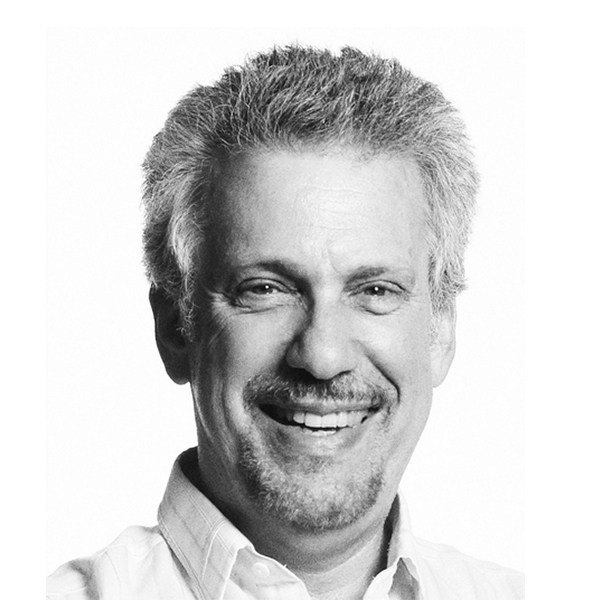
Gary Schyman
Composer
Composer Garry Schyman, one of the world’s most celebrated composers of video game music, is well known for his haunting orchestral scores for the globally acclaimed video games BioShock, BioShock 2, BioShock Infinite and Middle-Earth: Shadow of War. His music has received multiple awards, including top honors for Best Original Score from the British Academy of Film & Television (BAFTA) and the Academy of Interactive Arts & Sciences.
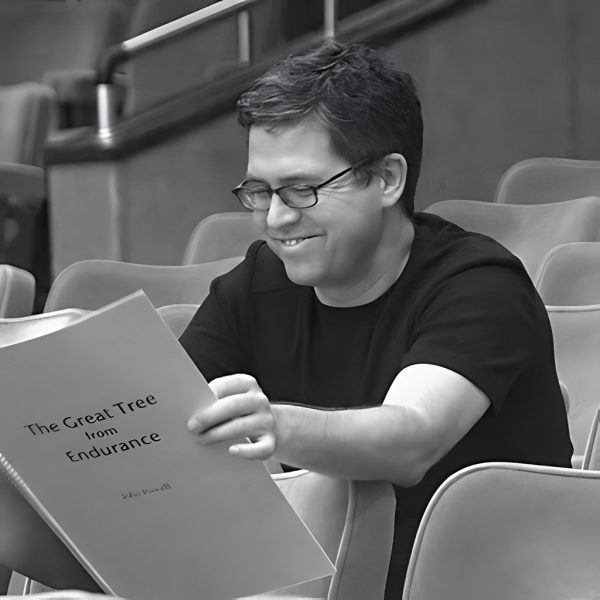
John Powell
Composer
Powell was catapulted into the realm of A-list composers by displaying an entirely original voice with his oft-referenced scores to the first installment of Bourne trilogy, The Bourne Identity. He has also become the go-to writer for family animated films, scoring such hits as Shrek and Chicken Run (both co-written with Harry Gregson-Williams), Ice Age: The Meltdown, and the first two installments of Kung Fu Panda (co-written with Hans Zimmer).
His infectious score for How to Train Your Dragon earned him his first Academy Award nomination. Throughout his career, Powell also collected three Grammy nominations for his scores ranging from sci-fi to family animation. His most recent work includes Olivia Wilde’s Don’t Worry Darling, STILL: A Michael J. Fox Movie by Academy Award winning director Davis Guggenheim and Illumination’s Migration directed by Benjamin Renner.
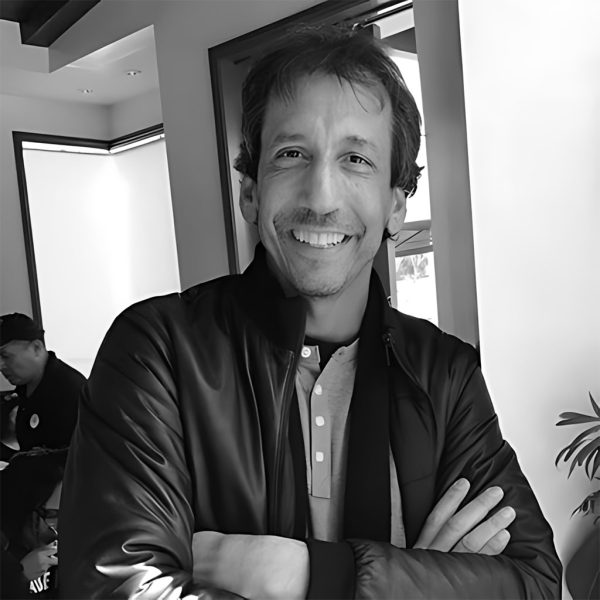
Jeff Atmajian
Composer
Jeff Atmajian is a highly sought after arranger and orchestrator for films. He has worked with many successful composers such as James Newton Howard, Hildur Guðnadóttir, Marc Shaiman, Rachel Portman and Gabriel Yared. Notable projects include Joker, Judy, The Mandalorian, Fantastic Beasts, Mother!, The Hunger Games and many more.
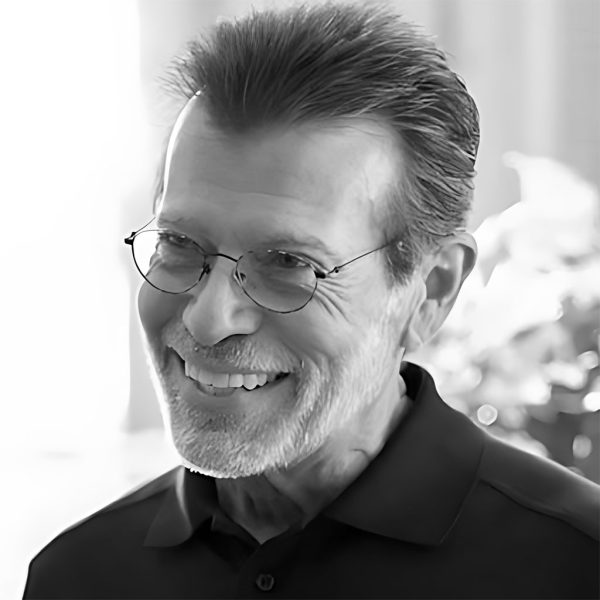
Richard Bellis
Composer
Richard Bellis is an Emmy award-winning composer; author of “The Emerging Film Composer: An Introduction to the People, Problems and Psychology of the Film Music Business”; is a past president of the Society of Composers & Lyricists; served on the faculty of the University of Southern California’s Scoring for Motion Pictures and Television course and UCLA Extension’s Film Scoring Certificate program: served on the Board of Governors for the Academy of Television Arts and Sciences and for 21 years was host/mentor of the “ASCAP Film Scoring Workshop with Richard Bellis”.
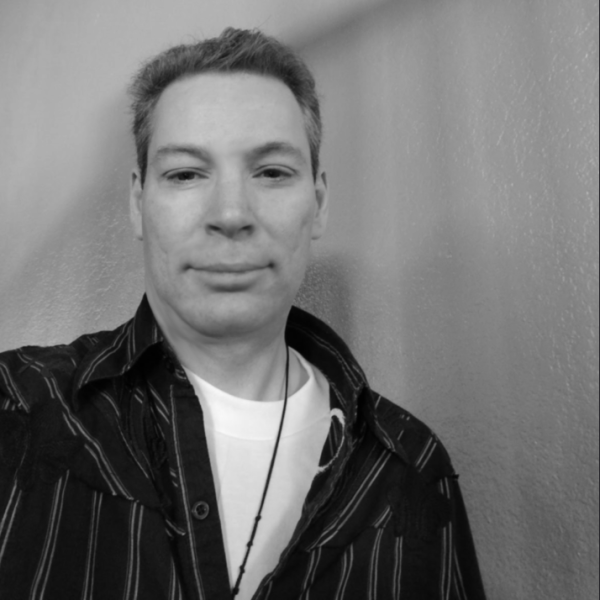
TJ Lindgren
Composer
TJ Lindgren is a film composer from Los Angeles and grew up in the Twin Cities of Minnesota. After wearing out recordings of the Beethoven Symphonies and the soundtrack to Star Wars as a child (which the library is still very upset about) he attended the prestigious Peabody Conservatory of Music, the oldest music conservatory in the United States, which counts among its alumni such notable artists as Philip Glass, Tori Amos and Michael Hedges. He has composed music for everything from Hollywood blockbusters (Transformers, Avengers, Justice League) to Oscar winning and nominated movies (Argo, Alice in Wonderland, Wanted) to classic animation films (The Grinch, Robots, Frankenweenie) as well as iconic action films including The Bourne Identity, Men in Black and Terminator franchises.
TJ has had the great fortune of collaborating with some of the finest A-List composers in the industry including Hans Zimmer, John Powell, Danny Elfman, Alexandre Desplat and John Williams (who doesn’t know about the record). He is also an accomplished pianist and has played on movie soundtracks such as The Bourne Identity, Silver Linings Playbook, The Italian Job and Fifty Shades of Grey where he was the pianist behind Christian Grey’s on-screen performances as well as the classical piano arrangements. You can hear him play electric cello on the upcoming third season of Vikings Valhalla premiering in 2024.
Sign up for our monthly bulletin!
Scholarships

Jeff Atmajian Scholarship
€5,000
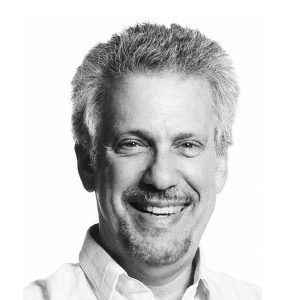
Gary Schyman Scholarship
€5,000
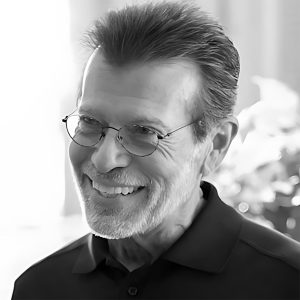
Richard Bellis Mentorship Scholarship
Individual mentoring for one successful student
There are a number of bursaries available for students. Each year the Jeff Atmajian Scholarship, the Garry Schyman Scholarship and the Richard Bellis Mentorship Scholarships are offered by Pulse College, in conjunction with these major international artists, exclusively for the Scoring for Film and Visual Media master’s program. Each one is awarded to an outstanding student who has demonstrated a passion for music, shown exceptional creative talent, is professionally motivated and able to make unique contributions and achievements. Scholarships are limited and are dependent on acceptance to the programme and deposit. Deadline for scholarships is 20th December, 2024.
Got a question?
HOW TO APPLY
Minimum requirements for general learning
Applicants normally possess an honours (level 8) primary degree with a 2.2 award or higher in music with a specialisation in composition.
A candidate who does not possess a formal music honours (level 8) primary degree with a 2.2 award or higher may be considered for entry.
Minimum requirements for discipline-specific learning
Applicants must be accomplished musicians at a level of proficiency commensurate with holding an honours (level 8) primary music degree with a 2.2 award. Applicants must evidence a reasonable level of compositional prowess within standard Western instrumental forms.
A candidate who does not possess a formal music honours (level 8) primary degree with a 2.2 award or higher must be able to demonstrate the following key skills / competencies:
- harmony / counterpoint equivalent to ABRSM grade 8 theory
- fluent score-reading skills
- firm knowledge of instrumentation and experience of orchestration
- music technology competence (music notation software, DAWs & VSTs)
- composition skills evidenced by a diverse portfolio
- evidence of an ability to write lucidly in an arts context.
Minimum language proficiency requirements
All learners are required to be proficient in English. Where a candidate’s mother tongue is not English, they are required to provide proof of proficiency in the English language through satisfactory performance on an internationally recognised test.
The English language entry requirements for the programme are CEF B2+ or equivalent. Candidates with English language levels below CEF B2+ must first reach this minimum standard before enrolling on the academic programme.
COURSE CONTENT
11 MODULES
Semester 1
The visual media composer who is comfortable in the role of recording engineer for solo and small ensemble sessions possesses an advantage in the contemporary landscape. Similarly, the visual media composer who can communicate effectively as a session producer and score supervisor maximises time and productivity in a recording studio situation.
This module trains composers in the fundamentals of engineering and producing small ensemble recording sessions, as well as offering a solid grounding in score supervision and workflows for larger ensemble sessions. Working with the Windmill Lane team, you will learn a wide range of technical and communication skills associated with the recording studio.
Duration
- One semester – 12 weeks
- 36 hours’ classroom-based learning
- 89 hours’ independent learning
Total 125 hours
A modern visual media composer must be confident in mixing and producing polished recordings and mixes using only software resources within the home studio environment. This module is designed to hone the learners’ fluency within the digital audio workstation – the main tool of the contemporary visual media composer.
Teaching focuses on core skills of editing, mixing and mastering in the DAW, and sophisticated creative applications of e.g. MIDI, software synths, Virtual Studio Technology plugins, and sample libraries.
Duration
- One semester – 12 weeks
- 36 hours’ classroom-based learning
- 89 hours’ independent learning
Total 125 hours
The contemporary composer for visual media must be fluent in conventional approaches to scoring for diverse visual media – a strong basis for the learner to build upon in honing their own voice. In this module, you will learn production processes and workflows in the creation of “genre” based music for diverse visual media, including film, TV and interactive media.
Duration
- One semester – 12 weeks
- 72 hours’ classroom-based learning
- 178 hours’ independent learning
Total 250 hours
As a student studying at Masters level, you must hone your skills of analysis and critical engagement. This module explores the relationship between moving image and soundtrack and the critical issues raised by the role of music in audio-visual media.
Duration
- One semester – 12 weeks
- 36 hours’ classroom-based learning
- 89 hours’ independent learning
Total 125 hours
As a composer, you must learn to become confident in the role of self- employed business-person. In this module you will learn about business structure and the types of deals, contracts and agreements that are common within your industry. A firm understanding of legalities, contracts, copyright and royalties germane to music and media is essential for the protection of intellectual property and a successful career.
Duration
- One semester – 12 weeks
- 36 hours’ classroom-based learning
- 89 hours’ independent learning
Total 125 hours
Semester 2
When composing and producing for visual media, you must be well versed in the use of music technology. This module will equip you with a set of specialised skills in music technology: skills relating to creative use of the software sampler, with a particular emphasis on sound design applications; and skills relating to use of middleware software in the creation of music and sound design for interactive media.
Duration
- One semester – 12 weeks
- 36 hours’ classroom-based learning
- 89 hours’ independent learning
Total 125 hours
The Western orchestra is still a key palette for the contemporary visual media composer – they must be a confident orchestrator, capable of rendering sketched material in piano score as a composition for full orchestra. Furthermore, the contemporary visual media composer must be able to produce orchestral mock-ups at a convincing level of realism. This module offers learners the tools for advanced orchestration to further refine their skills for orchestral mock-ups.
Duration
- One semester – 12 weeks
- 36 hours’ classroom-based learning
- 89 hours’ independent learning
Total 125 hours
Evidence of a strong individual voice is the marker of a master’s candidate in the creative arts. Where “Composition for visual media 1” in the first semester focuses on compositional tropes within various kinds of visual media, this module shifts focus from the conventional to the individual.
This module will nurture and develop a distinctive creative approach to scoring for visual media, building upon a solid skills base. Lectures focus on possibilities for creative strategies, drawing upon diverse contemporary practices, rather than conventions, and individual tutorial time makes up the majority of teaching hours.
Duration
- One semester – 12 weeks
- 72 hours’ classroom-based learning
- 178 hours’ independent learning
Total 250 hours
Successful composers are particularly skilled in communicating with clients.
As such, you need to be an effective and sensitive communicator in your dealings with a range of clients. Composers must carefully consider the manner of their interaction with prospective and existent clients. This module seeks to explicitly address this crucial area – moving beyond conventional “self-promotion” into the detail of client dialogues.
This module will engender skills and strategies for professional practice – from pitching, to maintaining effective client relationships, to presenting work. The ultimate objective is to equip you for the aspects of the role of visual media composer which are “outward” facing – those crucial areas where excellent communication skills are key.
- One semester – 12 weeks
- 36 hours’ classroom-based learning
- 89 hours’ independent learning
Total 125 hours
Building on the foundation for analysis and critical engagement developed through “Analysis & Research”, this module shifts the focus onto the learner’s personal research path. In this way, this module acts as a crucial preparation and development period for the major project – the summative assessment of this MA programme.
Drawing upon and integrating areas of knowledge encountered throughout the programme, this module aims to support and guide the learners in the planning of their major project – both the formulation of a personal research question and for investigation via creative practice.
- One semester – 12 weeks
- 36 hours’ classroom-based learning
- 89 hours’ independent learning
Total 125 hours
Semester 3
This is the capstone module of the master’s programme of study. The rationale for its inclusion is the necessity for the creative artist working at NFQ level 9 to produce a significant piece of self-directed creative work in the context of a clear research question.
The objective is for the learners to work in a self-directed manner towards a substantial piece of original creative work. A personal research question is investigated through the modalities of creative practice and contextual scholarly research, resulting in a creative artefact comprising approximately 15 minutes of music to visuals, and an exegesis of approximately 8,000 words.
- One semester – 12 weeks
- 24 hours’ classroom-based learning
- 726 hours’ independent learning
Total 750 hours
TUTORS
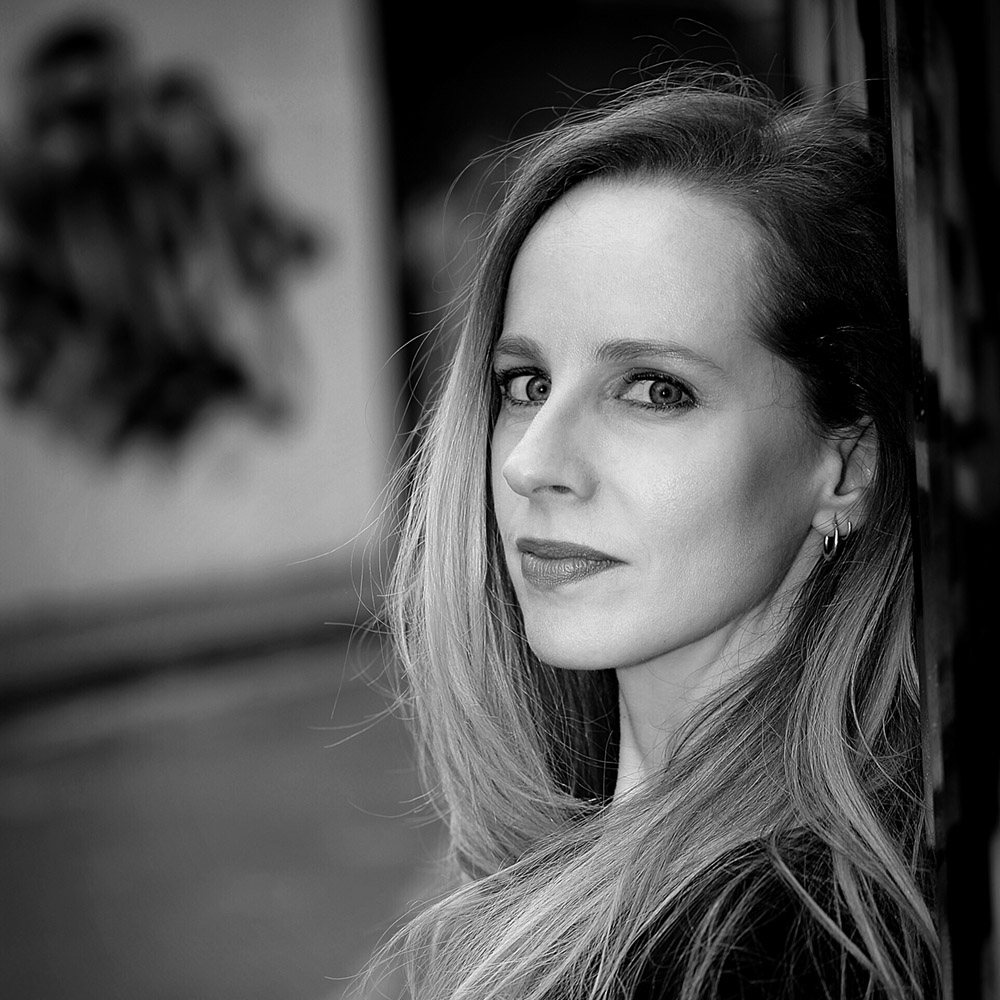
Dr. Natasa Paulberg
Programme Director
Dr. Natasa Paulberg is an award-winning Australian/Irish composer with compositions for the concert hall, television, film, advertising and gaming. Natasa has scored many projects including the acclaimed The Hunger documentary, narrated by Liam Neeson, and performed by the RTÉ Concert Orchestra, the National Australia Bank What do you want? advertising campaign and Screen Ireland’s Irish Stories on Screen promotional trailer. She has won two Best Original Score awards for the film The Yellow Dress, Best Original Score for The Hunger and has been nominated for two Jerry Goldsmith Awards in music for film and advertising. Natasa holds a Masters in Music and Media Technologies and PhD in Composition and Music Technology from Trinity College Dublin, University of Dublin.
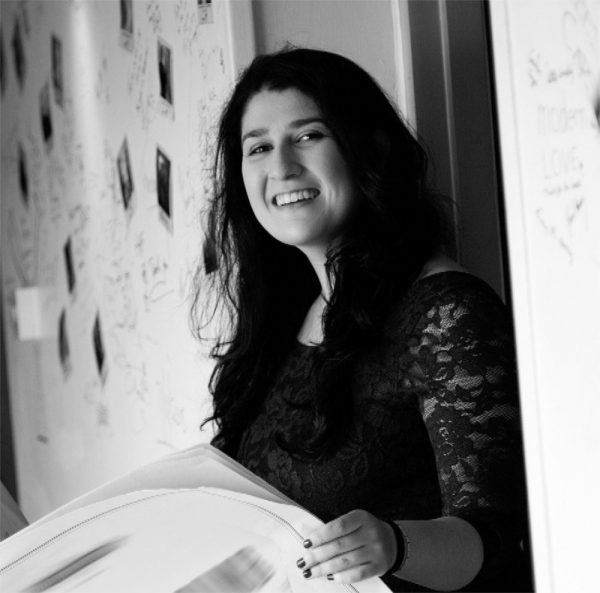
Caterina Schembri
Assistance Course Director
Caterina Schembri is an Italian-Colombian composer and producer based in Dublin. She has composed pieces for a wide range of musicians including Ficino Ensemble, Tonnta, Chamber Choir Ireland, Spilliaert Trio, the Dublin Viols, members of the UCDSO, the BNR Orchestra, percussion ensemble Tridio, vocalist Michelle O’Rourke and Cellist Kate Ellis.
Her music has been successful on the screen featuring in numerous short films. Caterina has also worked as Orchestrator and in the score preparation department for TV and Film productions in Ireland, Malaysia and Korea.
Caterina has undertaken the role of music producer in a number of orchestral and hybrid recordings, including INO’s Elektra and A Thing I Cannot Name. She’s currently working as the general manager for the record label Ergodos and developing different projects as a composer, orchestrator and producer.
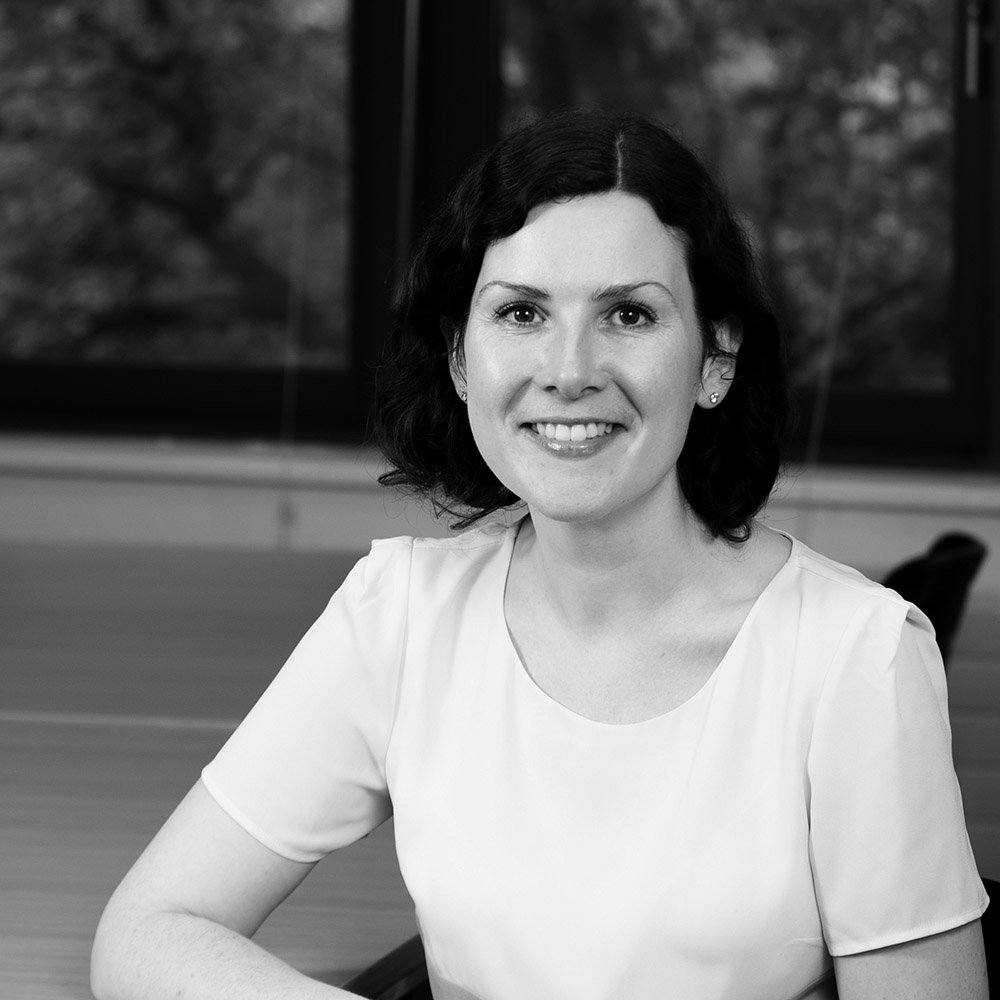
Dr. Laura Anderson
Faculty
Dr. Laura Anderson is a musicologist specialising in film music and sound design studies. She has published on a range of topics in this field and is co-author of The Screen Music of Trevor Jones: Technology, Process, Production (Routledge, 2019). Laura regularly presents her research at international conferences and has delivered pre-screening talks at the UK National Media Museum and the Irish Film Institute. An Assistant Professor in Musicology at University College Dublin, Laura completed her PhD at Royal Holloway, University of London.
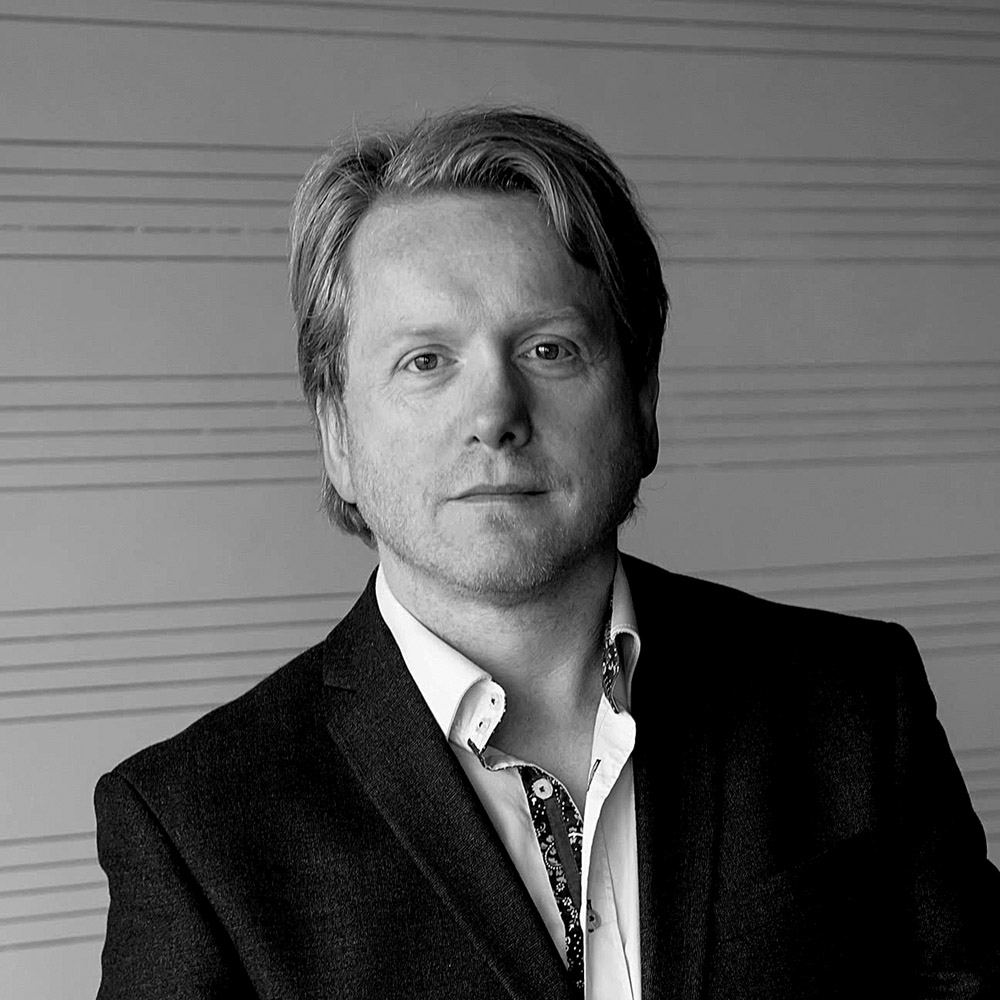
Dr. Ciarán Crilly
Faculty
Dr. Ciarán Crilly has over twenty years professional experience as an orchestral conductor and violin/viola player. He is a Lecturer in Orchestral Conducting and Head of School in the UCD School of Music. He founded UCD Symphony Orchestra in 2002, and has since conducted it in over fifty performances at major Irish venues and throughout Europe. He has been a guest conductor for several professional orchestras in Europe and the US, and has worked regularly in the studio, including TV, film and commercial recordings for the Irish Film Orchestra and RTÉ Concert Orchestra. He teaches a foundational conducting course in UCD, and is a regular guest lecturer and examiner in conducting at the Royal Irish Academy of Music. He is currently Chair of the Council for Heads of Music in Higher Education.
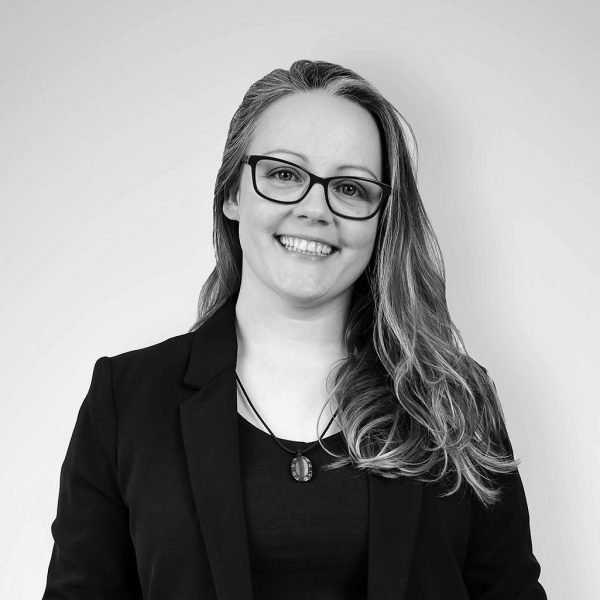
Susan Ward
Faculty
Susan Ward is a musician, composer, producer and teacher from Dublin. She holds a BA in Music Performance (Classical Singing) from the Royal Irish Academy of Music and an MA in Scoring for Film, TV and Interactive Media from Pulse College. She has over twenty years experience teaching music. She has also been performing her whole life whether that be her original music or on the theatre stage. Susan is always learning and took numerous courses with Pulse College in audio and music technology before completing her Masters. She uses these skills as a composer and producer and loves to share this experience through teaching.
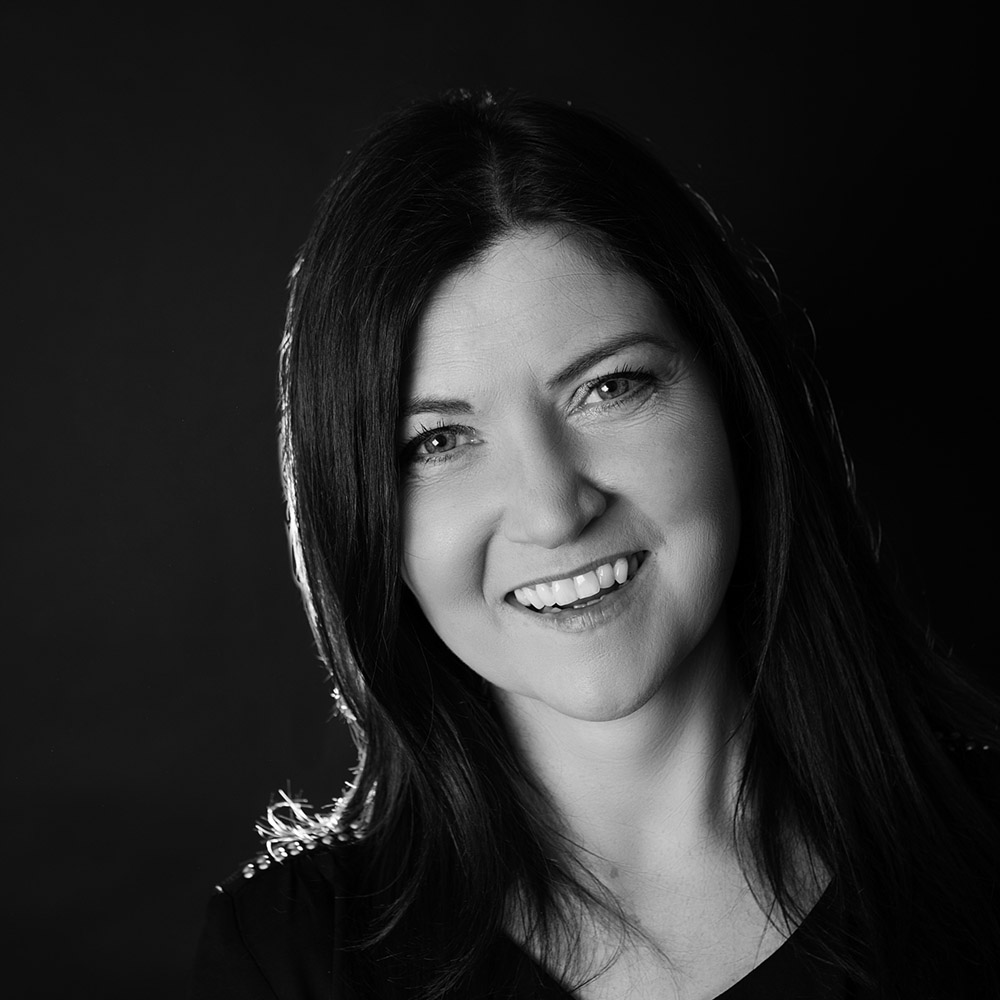
Debbie Smith
Faculty
Debbie Smith is a Recording, Mix and Post Production Engineer based in Dublin. An experienced audio professional, she has worked on a broad range of projects including Commercial Music, Film/TV Soundtracks and Post Production for clients including Universal Music, Sony, Warner Bros, Channel 5, RTE and TG4. She has extensive experience working with international orchestras including the RTE Concert Orchestra, Irish Film Orchestra, Bulgarian National Radio Orchestra, Dublin Phil Harmonic Orchestra and various contemporary ensembles. Debbie holds a Masters in Creative Digital Media from the Technological University Dublin. She is course director for Music Production for Games at Griffith College and Pulse College, and is the Principal Recording Engineer for the MA in Scoring for Film, TV and Interactive Media.
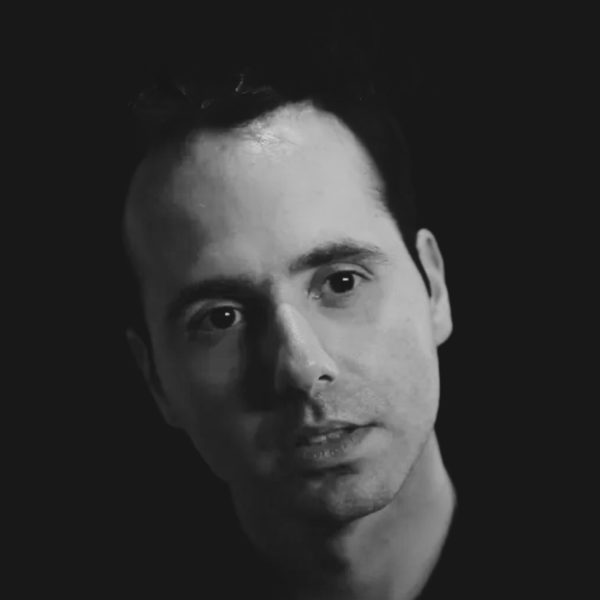
Vasilis Milesis
Faculty
Vasilis Milesis is a film composer, music technology professor and Unreal authorized instructor. He is the first Greek national to receive a Master’s Degree from Berklee College of Music in Film Scoring, where he graduated with Summa cum Laude. Vasilis has won several awards for his work in scoring for films, including Best Score at Los Angeles Cinema Festival of Hollywood, winner of the Bare Bones International Film & Music Festival and is a four times winner at the Global Film Festival Awards.
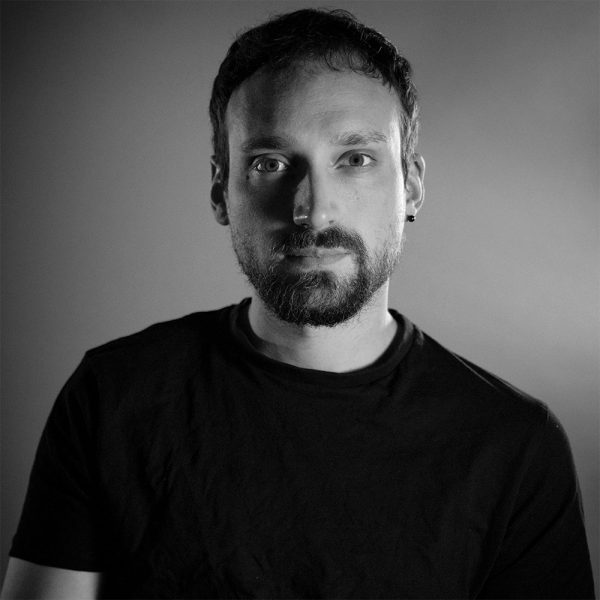
Néstor Romero Clemente
Faculty
Néstor Romero Clemente is a composer, filmmaker and photographer hailing from Aragón, Spain. He holds a BA in Musicology and History from UCR (Utrecht University) and an MA in Scoring for Film and Visual Media from Pulse College (TU Dublin). As a music composer, he has scored several feature films, series, and documentaries world-wide. Some of his recent scores include the feature film “While The Masters Sleep” (competing in the 2023 San Sebastian Horror and Fantasy Film Festival), the Netflix original “The Day of The Lord”, Irish documentary “The People There to Catch Us”, music featured in KBS’s “Woman of 9.9 billion”, and TVn’s “The Heavenly Idol”. His music has been performed by ensembles throughout Europe, such as the Zeeuwse Chamber Orchestra, the O’Carolan ensemble, the Apollo Brass ensemble and the Bulgarian National Radio Symphony Orchestra.
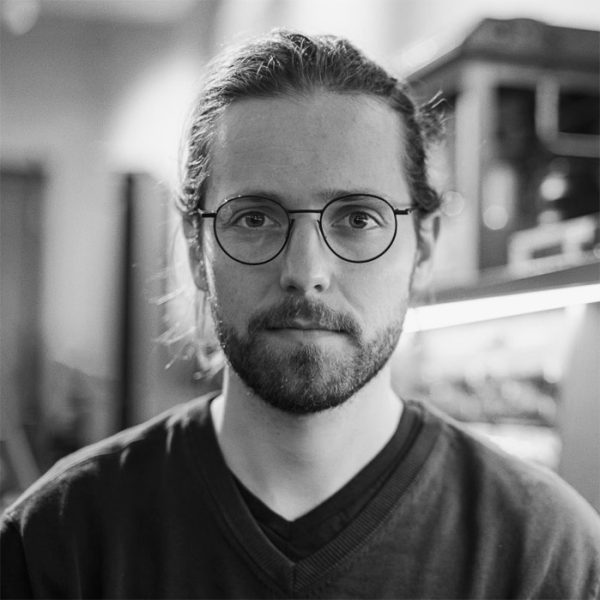
Jan Pfitzer
Faculty
Jan Pfitzer is a Germany-based composer and music producer with a passion for storytelling. His approach to composition seamlessly intertwines a profound appreciation for tradition with a daring eagerness to explore and transcend conventional boundaries. Throughout his career, Jan has composed music for a diverse range of projects, including feature films, documentaries, tv-shows, video games and theatre plays. He holds two Master Degrees in music, studied in Ireland, Germany and Japan and tried to explore as many different musical and sonic worlds as possible.
TUTORS
Dr. Natasa Paulberg
Dr. Natasa Paulberg is an award-winning Australian/Irish composer with compositions for the concert hall, television, film, advertising and gaming. Natasa has scored many projects including the acclaimed The Hunger documentary, narrated by Liam Neeson, and performed by the RTÉ Concert Orchestra, the National Australia Bank What do you want? advertising campaign and Screen Ireland’s Irish Stories on Screen promotional trailer. She has won two Best Original Score awards for the film The Yellow Dress, Best Original Score for The Hunger and has been nominated for two Jerry Goldsmith Awards in music for film and advertising. Natasa holds a Masters in Music and Media Technologies and PhD in Composition and Music Technology from Trinity College Dublin, University of Dublin.
CATERINA SCHEMBRI
Caterina Schembri is an Italian-Colombian composer and producer based in Dublin. She has composed pieces for a wide range of musicians including Ficino Ensemble, Tonnta, Chamber Choir Ireland, Spilliaert Trio, the Dublin Viols, members of the UCDSO, the BNR Orchestra, percussion ensemble Tridio, vocalist Michelle O’Rourke and Cellist Kate Ellis.
Her music has been successful on the screen featuring in numerous short films. Caterina has also worked as Orchestrator and in the score preparation department for TV and Film productions in Ireland, Malaysia and Korea.
Caterina has undertaken the role of music producer in a number of orchestral and hybrid recordings, including INO’s Elektra and A Thing I Cannot Name. She’s currently working as the general manager for the record label Ergodos and developing different projects as a composer, orchestrator and producer.
Dr. Ciarán Crilly
Dr. Ciarán Crilly has over twenty years professional experience as an orchestral conductor and violin/viola player. He is a Lecturer in Orchestral Conducting and Head of School in the UCD School of Music. He founded UCD Symphony Orchestra in 2002, and has since conducted it in over fifty performances at major Irish venues and throughout Europe. He has been a guest conductor for several professional orchestras in Europe and the US, and has worked regularly in the studio, including TV, film and commercial recordings for the Irish Film Orchestra and RTÉ Concert Orchestra. He teaches a foundational conducting course in UCD, and is a regular guest lecturer and examiner in conducting at the Royal Irish Academy of Music. He is currently Chair of the Council for Heads of Music in Higher Education.
Dr. Laura Anderson
Dr. Laura Anderson is a musicologist specialising in film music and sound design studies. She has published on a range of topics in this field and is co-author of The Screen Music of Trevor Jones: Technology, Process, Production (Routledge, 2019). Laura regularly presents her research at international conferences and has delivered pre-screening talks at the UK National Media Museum and the Irish Film Institute. An Assistant Professor in Musicology at University College Dublin, Laura completed her PhD at Royal Holloway, University of London.
Vasilis Milesis
Vasilis Milesis is a film composer, music technology professor and Unreal authorized instructor. He is the first Greek national to receive a Master’s Degree from Berklee College of Music in Film Scoring, where he graduated with Summa cum Laude. Vasilis has won several awards for his work in scoring for films, including Best Score at Los Angeles Cinema Festival of Hollywood, winner of the Bare Bones International Film & Music Festival and is a four times winner at the Global Film Festival Awards.
TONY PERREY
Tony is a founder of Pulse College and Director of Audio in Windmill Recording Lane Studios.
Tony is an expert in Music Technology and recording. For over 25 years Tony has worked as an industry leader in both education and commercial music production. He is an Apple Logic instructor and is also one of the original team that developed the Pro Tools worldwide curriculum.
SUSAN WARD
Susan Ward is a musician, composer, producer and teacher from Dublin. She holds a BA in Music Performance (Classical Singing) from the Royal Irish Academy of Music and an MA in Scoring for Film, TV and Interactive Media from Pulse College. She has over twenty years experience teaching music. She has also been performing her whole life whether that be her original music or on the theatre stage. Susan is always learning and took numerous courses with Pulse College in audio and music technology before completing her Masters. She uses these skills as a composer and producer and loves to share this experience through teaching.
DEBBIE SMITH
Debbie Smith is a Recording, Mix and Post Production Engineer based in Dublin. An experienced audio professional, she has worked on a broad range of projects including Commercial Music, Film/TV Soundtracks and Post Production for clients including Universal Music, Sony, Warner Bros, Channel 5, RTE and TG4. She has extensive experience working with international orchestras including the RTE Concert Orchestra, Irish Film Orchestra, Bulgarian National Radio Orchestra, Dublin Phil Harmonic Orchestra and various contemporary ensembles. Debbie holds a Masters in Creative Digital Media from the Technological University Dublin. She is course director for Music Production for Games at Griffith College and Pulse College, and is the Principal Recording Engineer for the MA in Scoring for Film, TV and Interactive Media.
SIMON SHIRE
Simon Shire is an expert on Entertainment Law. Simon is a consultant solicitor with MediaLawyer in Dublin 14 with a focus on independent television/film production, and large-scale music events for television broadcast and live-stream audiences. A former law lecturer at the University of Limerick, Simon is a member, as songwriter, of IMRO and Mechanical Copyright Protection Society and, as music producer, of Phonographic Performance Ireland. In addition to his legal roles, he occasionally acts as executive producer on television and film projects for international release. He previously sat on the board of the Séamus Ennis Arts Centre in Naul, County Dublin.
Néstor Romero Clemente
Néstor Romero Clemente is a composer, filmmaker and photographer hailing from Aragón, Spain. He holds a BA in Musicology and History from UCR (Utrecht University) and an MA in Scoring for Film and Visual Media from Pulse College (TU Dublin). As a music composer, he has scored several feature films, series, and documentaries world-wide. Some of his recent scores include the feature film “While The Masters Sleep” (competing in the 2023 San Sebastian Horror and Fantasy Film Festival), the Netflix original “The Day of The Lord”, Irish documentary “The People There to Catch Us”, music featured in KBS’s “Woman of 9.9 billion”, and TVn’s “The Heavenly Idol”. His music has been performed by ensembles throughout Europe, such as the Zeeuwse Chamber Orchestra, the O’Carolan ensemble, the Apollo Brass ensemble and the Bulgarian National Radio Symphony Orchestra.
Jan Pfitzer
Jan Pfitzer is a Germany-based composer and music producer with a passion for storytelling. His approach to composition seamlessly intertwines a profound appreciation for tradition with a daring eagerness to explore and transcend conventional boundaries. Throughout his career, Jan has composed music for a diverse range of projects, including feature films, documentaries, tv-shows, video games and theatre plays. He holds two Master Degrees in music, studied in Ireland, Germany and Japan and tried to explore as many different musical and sonic worlds as possible.
Garry Schyman
Composer Garry Schyman, one of the world’s most celebrated composers of video game music, is well known for his haunting orchestral scores for the globally acclaimed video games BioShock, BioShock 2, BioShock Infinite and Middle-Earth: Shadow of War. His music has received multiple awards, including top honors for Best Original Score from the British Academy of Film & Television (BAFTA) and the Academy of Interactive Arts & Sciences.
John Powell
John Powell was catapulted into the realm of A-list composers by displaying an entirely original voice with his oft-referenced scores to the first installment of Bourne trilogy, The Bourne Identity. He has also become the go-to writer for family animated films, scoring such hits as Shrek and Chicken Run (both co-written with Harry Gregson-Williams), Ice Age: The Meltdown, and the first two installments of Kung Fu Panda (co-written with Hans Zimmer).
His infectious score for How to Train Your Dragon earned him his first Academy Award nomination. Throughout his career, Powell also collected three Grammy nominations for his scores ranging from sci-fi to family animation. His most recent work includes Olivia Wilde’s Don’t Worry Darling, STILL: A Michael J. Fox Movie by Academy Award winning director Davis Guggenheim and Illumination’s Migration directed by Benjamin Renner.
TJ Lindgren
TJ Lindgren is a film composer from Los Angeles and grew up in the Twin Cities of Minnesota. After wearing out recordings of the Beethoven Symphonies and the soundtrack to Star Wars as a child (which the library is still very upset about) he attended the prestigious Peabody Conservatory of Music, the oldest music conservatory in the United States, which counts among its alumni such notable artists as Philip Glass, Tori Amos and Michael Hedges. He has composed music for everything from Hollywood blockbusters (Transformers, Avengers, Justice League) to Oscar winning and nominated movies (Argo, Alice in Wonderland, Wanted) to classic animation films (The Grinch, Robots, Frankenweenie) as well as iconic action films including The Bourne Identity, Men in Black and Terminator franchises.
TJ has had the great fortune of collaborating with some of the finest A-List composers in the industry including Hans Zimmer, John Powell, Danny Elfman, Alexandre Desplat and John Williams (who doesn’t know about the record). He is also an accomplished pianist and has played on movie soundtracks such as The Bourne Identity, Silver Linings Playbook, The Italian Job and Fifty Shades of Grey where he was the pianist behind Christian Grey’s on-screen performances as well as the classical piano arrangements. You can hear him play electric cello on the upcoming third season of Vikings Valhalla premiering in 2024.
Richard Bellis
Richard Bellis is an Emmy award-winning composer; author of “The Emerging Film Composer: An Introduction to the People, Problems and Psychology of the Film Music Business”; is a past president of the Society of Composers & Lyricists; served on the faculty of the University of Southern California’s Scoring for Motion Pictures and Television course and UCLA Extension’s Film Scoring Certificate program: served on the Board of Governors for the Academy of Television Arts and Sciences and for 21 years was host/mentor of the “ASCAP Film Scoring Workshop with Richard Bellis”.
Jeff Atmajian
Jeff Atmajian is a highly sought after arranger and orchestrator for films. He has worked with many successful composers such as James Newton Howard, Hildur Guðnadóttir, Marc Shaiman, Rachel Portman and Gabriel Yared. Notable projects include Joker, Judy, The Mandalorian, Fantastic Beasts, Mother!, The Hunger Games and many more.
FEES
Study Mode: Full-Time
Location: Dublin
Irish/EU Living in Ireland: €28,000
Flexible Payment Option
Deposit: €8,000 (payable upon acceptance onto the programme, following interview)
Enrolment fee: €10,000 (payable before programme commencement) & instalments as below or remaining balance (Eur20,000)
Instalments: €2500 x 4 consecutive months
An additional fee of Eur560 is payable upon commencement of the programme in respect of the mandatory 2% Learner Protection Charge. This charge is incurred to finance arrangements under Part 6 of the Qualifications and Quality Assurance (Education and Training) Act, 2012 to ensure protection of enrolled learners.
Course fees are paid directly to the International Office of our partner college: Griffith College.
Fee: €34,000
Study Mode: Full-Time
Location: Dublin
